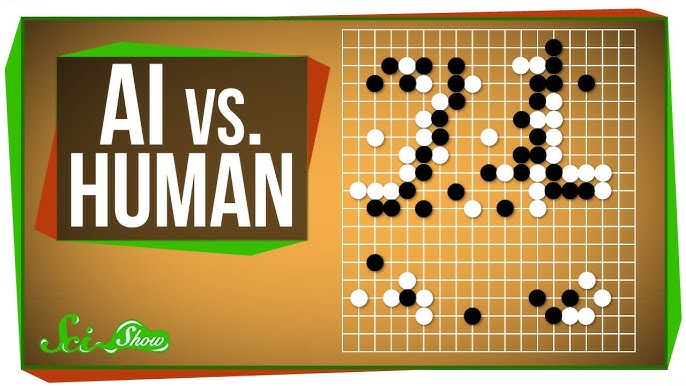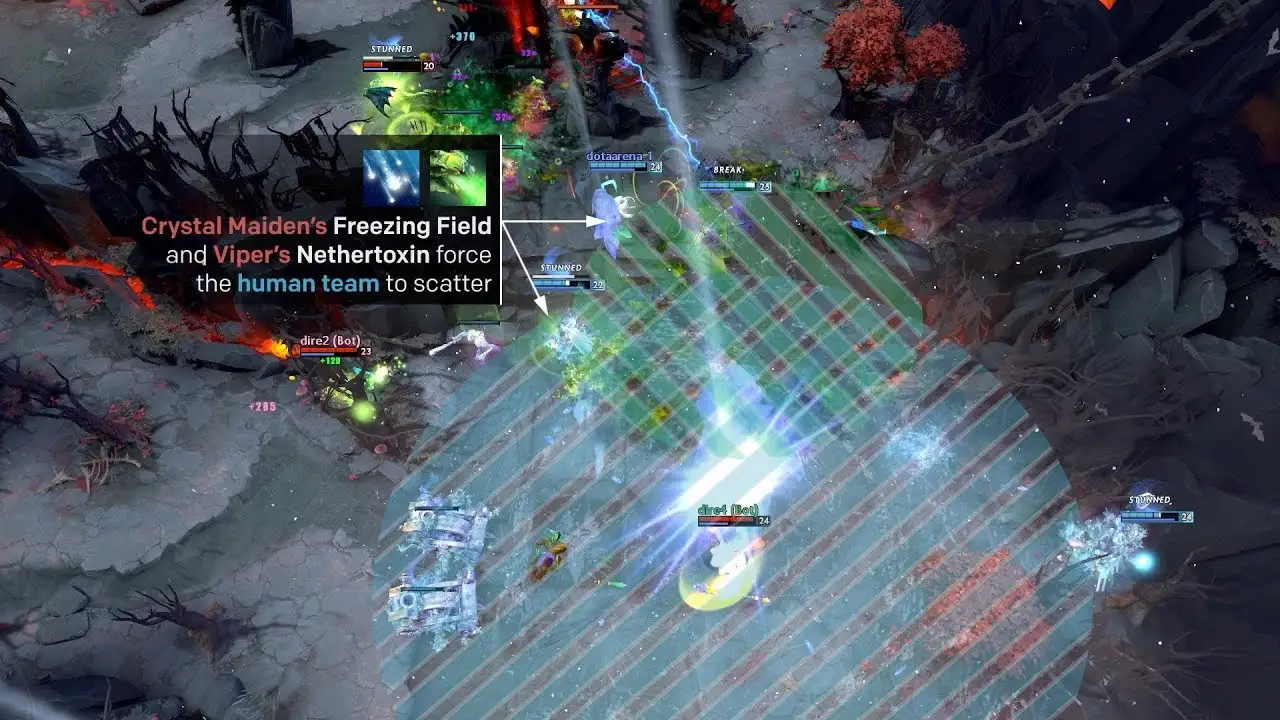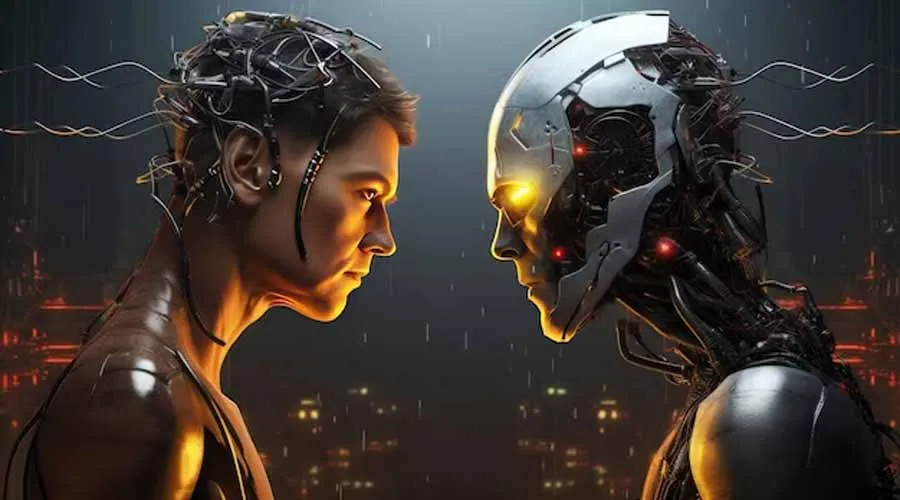Since the dawn of gaming, the challenge has been to overcome the opponent, whether it's a friend sitting next to you or a stranger over the internet. But what if your opponent is not human at all? What if it's a digital entity that learns and evolves at a speed that surpasses our abilities? This is the world of competitive AI gaming, where human minds face off against machines in battles of strategy and quick reflexes. In this article, we will explore the history of this exciting conflict, highlight the most important moments where AI has proven its superiority, and discuss the future of competition between man and machine._
Historic Battles: From Chess to Go

The conflict between man and machine in gaming began decades ago, with chess being the first arena for this battle. In 1997, the world was shocked when IBM's "Deep Blue" computer defeated the reigning world chess champion, Garry Kasparov. This was the first time that artificial intelligence had surpassed the best human player in a complex strategy game like chess.
Two decades later, the scene was repeated, but in a more complex arena: the game of Go. In 2016, Google's DeepMind program "AlphaGo" managed to defeat the world Go champion, Lee Sedol, in a series of five matches. This moment was more significant than Kasparov's defeat, because Go is considered exponentially more complex than chess, and requires intuition and creativity that were thought to be exclusive to the human mind.
Beyond Board Games: Dominance in Dota 2 and StarCraft II

AI's ambition did not stop at board games. In recent years, the challenge has moved to the world of complex strategy video games like Dota 2 and StarCraft II. AI programs, such as OpenAI Five, have been able to defeat professional teams of the world's best players in Dota 2.
These games require teamwork, long-term strategic planning, and quick reflexes, skills that were thought to be difficult for AI to master. The superiority of AI in these games represents a huge leap in the capabilities of machine learning and reinforcement learning.
The Future of Competition: From Opponent to Partner

The superiority of AI in gaming may seem alarming, but it actually opens the door to new and exciting possibilities. Instead of being just an opponent, AI can become a partner in the game, helping players improve their skills and develop new strategies.
AI can also contribute to designing smarter and more challenging games, where the game adapts to the player's skill level and provides a personalized experience. The future is not just a conflict between man and machine, but a collaboration aimed at taking the gaming experience to new heights.
Conclusion
The superiority of artificial intelligence in competitive gaming is a testament to the amazing development that this technology has reached. From defeating the chess champion to dominating complex video games, AI has proven that it is capable of learning, evolving, and surpassing the human mind in tasks that were once thought to be impossible. The future holds more challenges and opportunities, and it is certain that the relationship between man and machine in the world of gaming will continue to evolve and take shape in ways we never imagined.
